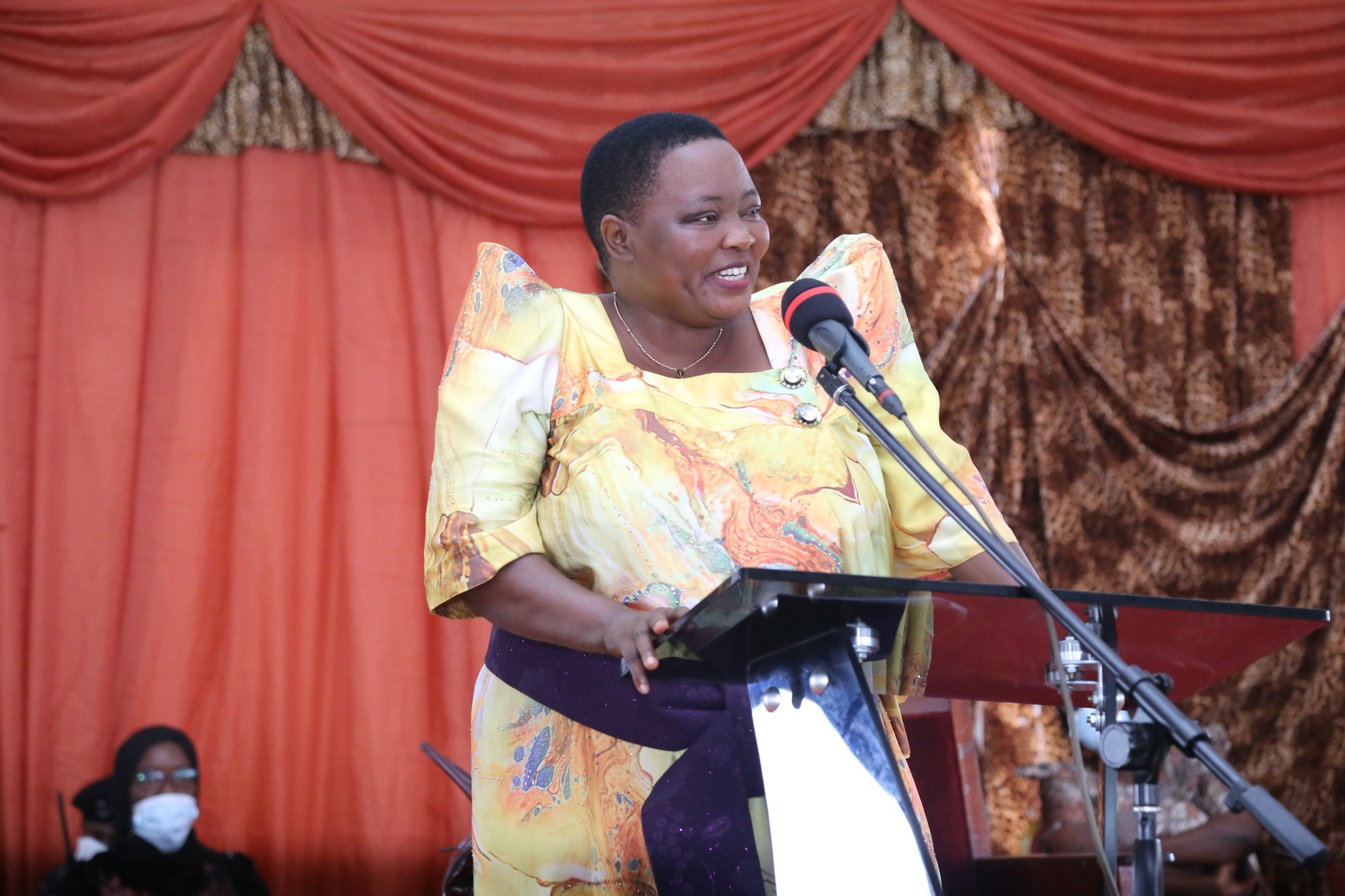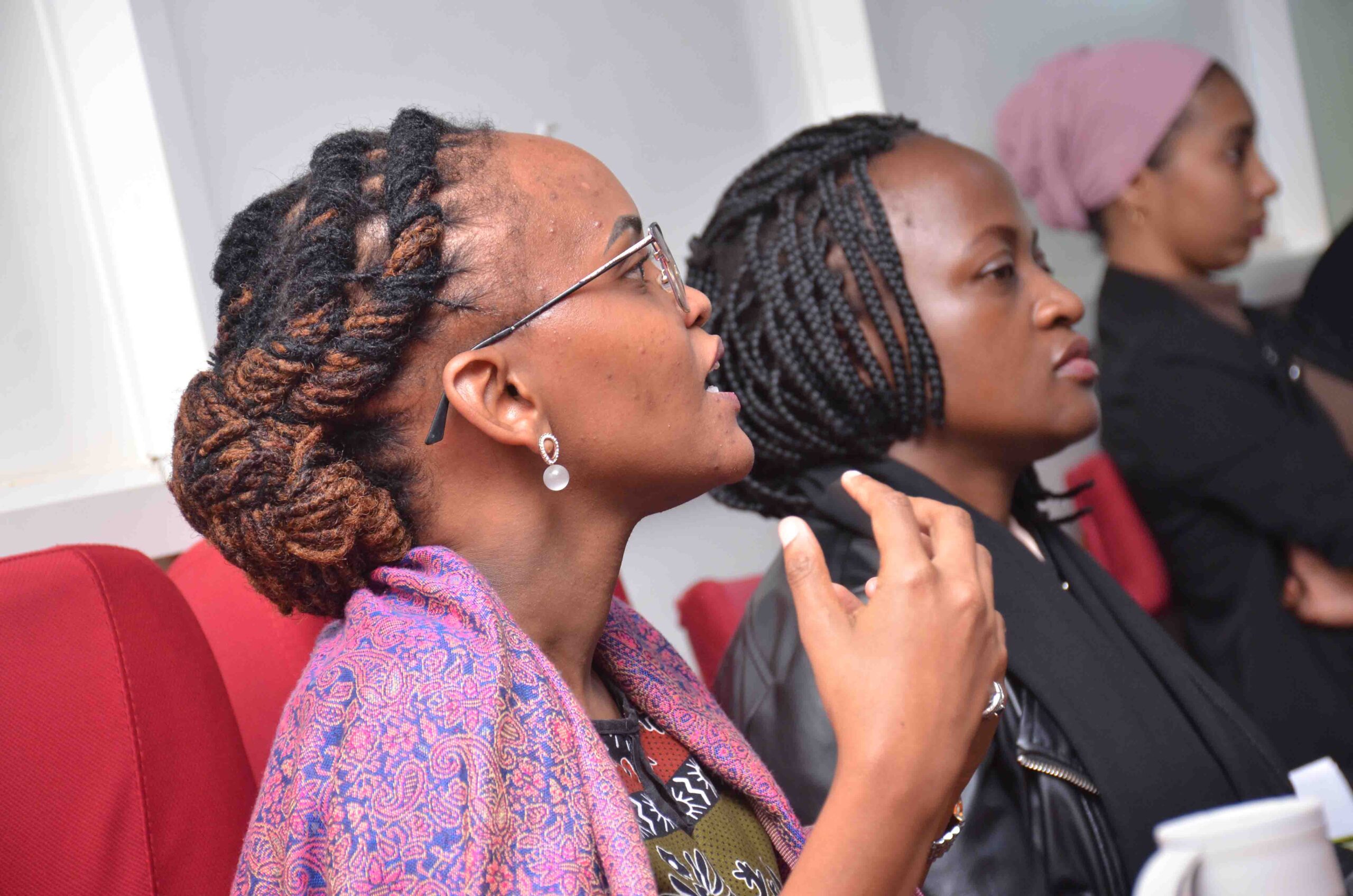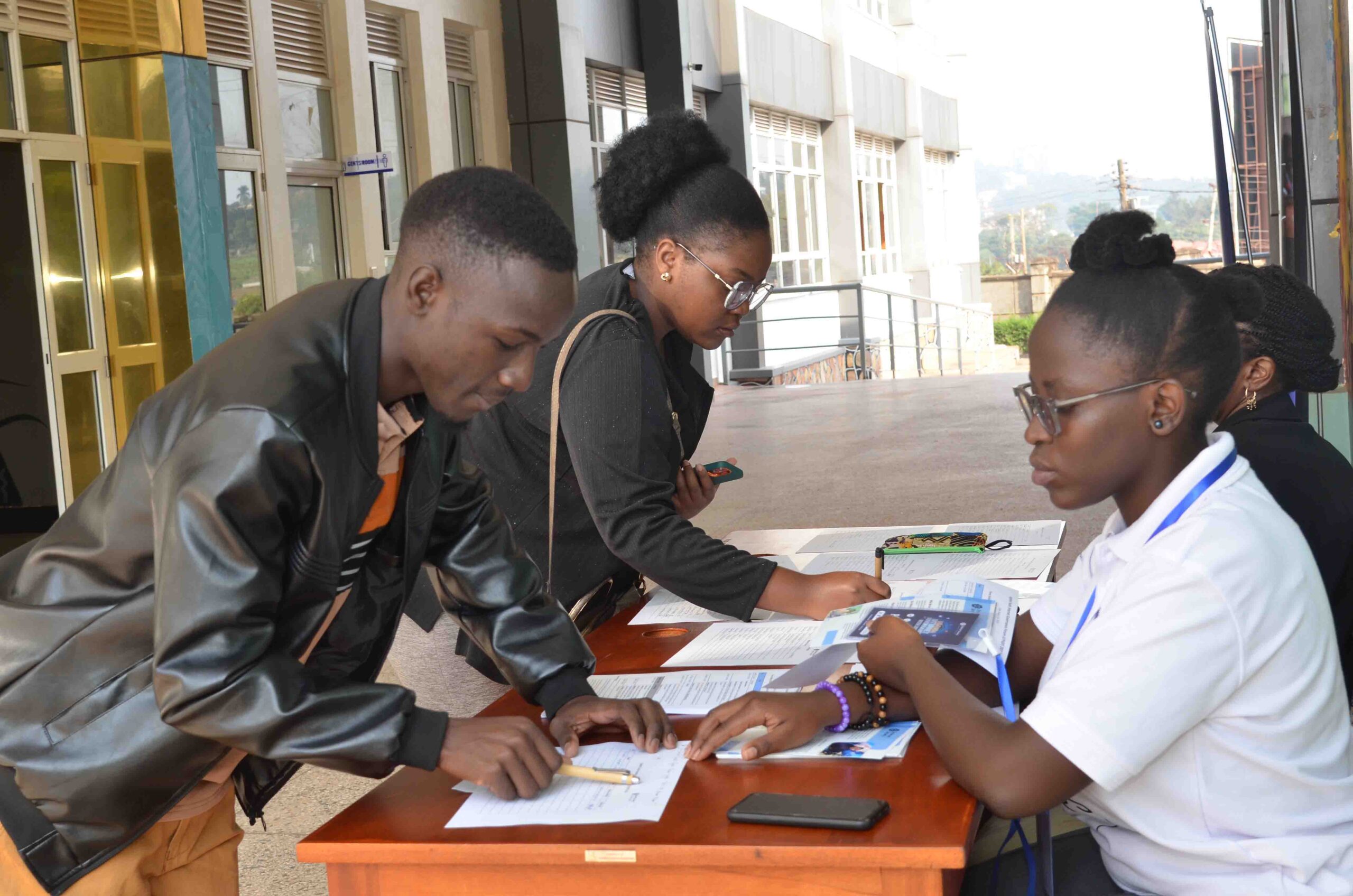Consultative Paper on Inclusive Policy Advocacy: Empowering Women in EFIUG Communities
Authors: T. Busonga, Grace Byamukama, Brenda Najjemba
Introduction
This consultative paper presents a comprehensive analysis of the current status and impact of inclusive policy advocacy within the communities served by the Eliezah Foundation (EFIUG). The data and insights presented are derived from our ongoing initiatives and interactions with women in Wakiso, Jinja, and other regions. The paper provides a detailed overview of our efforts in key areas including financial inclusion, legal rights reform, health and social protection, education and vocational training, and women’s representation and leadership.
1. Financial Inclusion Advocacy
Objective:
Promote access to financial services for women, facilitating their economic independence and growth.
Current Initiatives:
EFIUG has implemented targeted financial inclusion programs to support women’s entrepreneurship. Key activities include lobbying for microfinance programs, advocating for subsidized loans, and delivering financial literacy education.
Impact:
- Training: Over 1,200 women across Wakiso and Jinja have received comprehensive financial training, equipping them with essential skills for managing personal finances and business operations.
- Microfinance Access: 650 women have accessed microfinance loans, enabling them to start or expand their businesses. This access has significantly improved their economic stability and provided new employment opportunities within their communities.
Data Sources:
- Data collected from EFIUG’s community outreach programs and financial workshops.
- Reference: World Bank, “Financial Inclusion and Its Impact on Women’s Economic Empowerment,” World Bank Report.
2. Legal Rights Reform
Objective:
Ensure women’s rights to property ownership and inheritance, supporting their economic security.
Current Initiatives:
EFIUG has been actively advocating for reforms in property rights legislation and simplifying business registration processes to remove barriers for women.
Impact:
- Legislative Support: Collaboration with local lawmakers has resulted in the introduction of new property rights legislation benefiting women in Wakiso and Jinja. This reform has improved women’s ability to secure and manage property, directly impacting their economic opportunities.
- Business Registration: Simplified processes have made it easier for women to start and formalize their businesses, promoting their economic participation.
Data Sources:
- EFIUG’s legislative advocacy records and community feedback.
- Reference: UN Women, “Women’s Property Rights and Legal Empowerment,” UN Women Report.
3. Health and Social Protection
Objective:
Enhance healthcare services and social protection for women, ensuring their overall well-being.
Current Initiatives:
EFIUG advocates for improved maternal health services, expanded health insurance, and comprehensive social protection programs.
Impact:
- Healthcare Services: Our advocacy efforts have contributed to the expansion of health insurance coverage for women in rural areas of Wakiso and Jinja, improving their access to essential health services.
- Social Protection: Implemented programs have increased support for women, including access to reproductive health services and financial assistance during maternity.
Data Sources:
- Health service records and insurance coverage data from local health departments.
- Reference: WHO, “Health and Social Protection for Women,” WHO Report.
4. Education and Vocational Training
Objective:
Improve educational and vocational opportunities for women, facilitating their professional and personal development.
Current Initiatives:
EFIUG promotes policies for free primary and secondary education and supports vocational training programs through partnerships with educational institutions.
Impact:
- Scholarships and Training: Over 600 women have received scholarships and vocational training, enhancing their skills and qualifications. This support has enabled many to enter the workforce or start their own businesses.
- Educational Access: Our programs have helped increase school enrollment and retention rates among girls in the targeted communities.
Data Sources:
- Educational achievement records and training program evaluations from EFIUG.
- Reference: UNESCO, “Education and Vocational Training for Women: A Global Overview,” UNESCO Report.
5. Representation and Leadership
Objective:
Increase women’s representation in leadership roles, promoting their influence in decision-making processes.
Current Initiatives:
EFIUG advocates for gender quotas in leadership positions and supports mentorship programs designed to empower emerging women leaders.
Impact:
- Leadership Roles: Our initiatives have supported the election of women to local government positions and enhanced their participation in community leadership roles.
- Mentorship Programs: Established programs have connected over 100 young women with experienced leaders, fostering their growth and development.
Data Sources:
- Records of leadership positions and mentorship program outcomes from EFIUG.
- Reference: IDEA, “Women’s Political Participation and Leadership,” IDEA Report.
Conclusion
The data and insights presented in this paper highlight the significant impact of EFIUG’s inclusive policy advocacy initiatives on women’s empowerment in Uganda. By addressing key areas such as financial inclusion, legal rights, health, education, and leadership, we are making substantial progress towards achieving gender equality and fostering sustainable development in our communities. Continued support and collaboration will be essential for sustaining and expanding these efforts.
Contact Information:
- Email: info@efiug.org
- Phone: +256 41 467 8888
- Website: www.efiug.org



